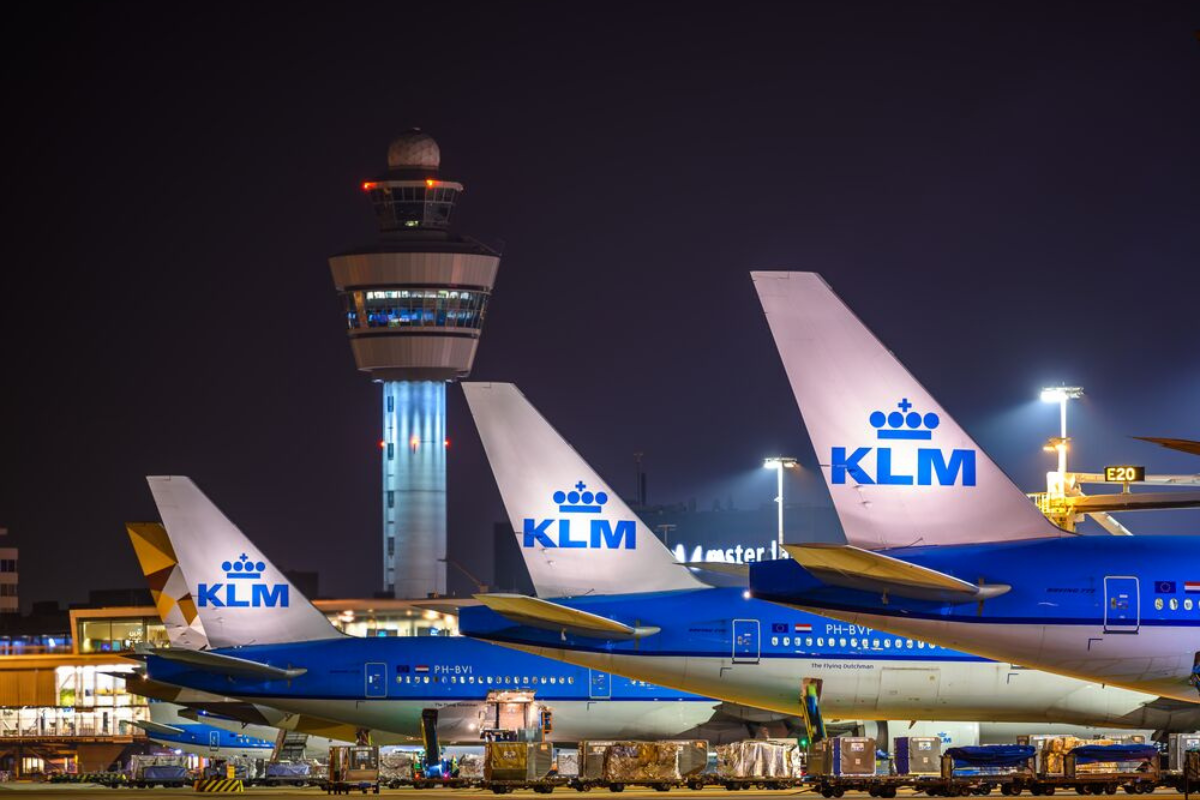The Federal Government is in the process of receiving a new loan from the World Bank, with loans amounting to $2.25 billion scheduled for approval on June 13, 2024.
The funding will be received via two major development projects, according to The Punch.
The first project, which is expected to receive $1.5 billion, is the Nigeria Reforms for Economic Stabilisation to Support the Financing of the Transformation Development Policy.
While the other project, the NG Accelerating Resource Mobilisation Reform Programme forResult, has proposed funding of $750 million.
Recall it was reported that the government might reintroduce previously suspended telecom tax and other fiscal measures in pursuit of securing the $750m loan.
A copy of the plan’s document posted on the World Bank website indicated that the government might reintroduce the excises on telecom services, and EMT levy on electronic money transfers through the Nigerian Banking System among other taxes.
The Minister of Finance, Wale Edun, had announced that Nigeria had qualified for processing a loan, described as ‘virtually a grant’ of $2.25bn from the World Bank at a one per cent interest rate during the spring meetings of the International Monetary Fund and the World Bank last month.
The package, approved by the Board of Directors of the World Bank, offers a 40-year term with a 10-year moratorium and a nominal one per cent interest rate.
He stated, “We have qualified for the processing just this week to the Board of Directors of the World Bank of a total package of $2.25bn of what you can call ‘the closest you can get to a free lunch’- virtually a grant. It’s for about 10- 20 years moratorium and about one per cent interest.”
Both projects seek to strengthen Nigeria’s macroeconomic stability and ability to mobilise resources, as stated in the programme information documents available on the website of the International Development Bank.
The funds are intended to support Nigeria in its efforts toward economic reform and strengthen the mobilisation of government resources, which is crucial for the country’s long-term financing stability and economic resilience.
According to the document, significant tax excise and administrative reforms are aimed at boosting non-oil revenues and protecting oil and gas revenues from 2024 to 2028 at the federal level.
“The principal programme development objective is to raise non-oil revenues and safeguard oil and gas revenues. This result area aims to increase the transparency of NNPCL’s financial and operational performance through audits and regular production of enhanced reports submitted to FAAC, including all relevant information; and increase net oil and gas revenues transferred to the Federation,” the report read.
The PforR programme includes technical assistance, supporting the Federal Inland Revenue Service and the Nigeria Customs Service to enhance taxpayer and trader compliance.










